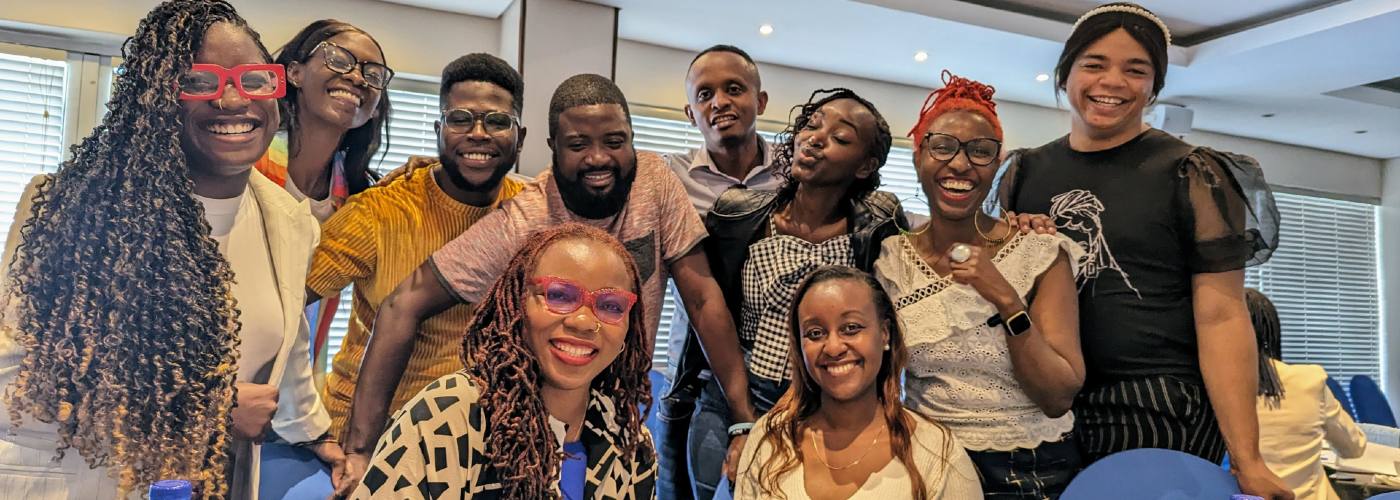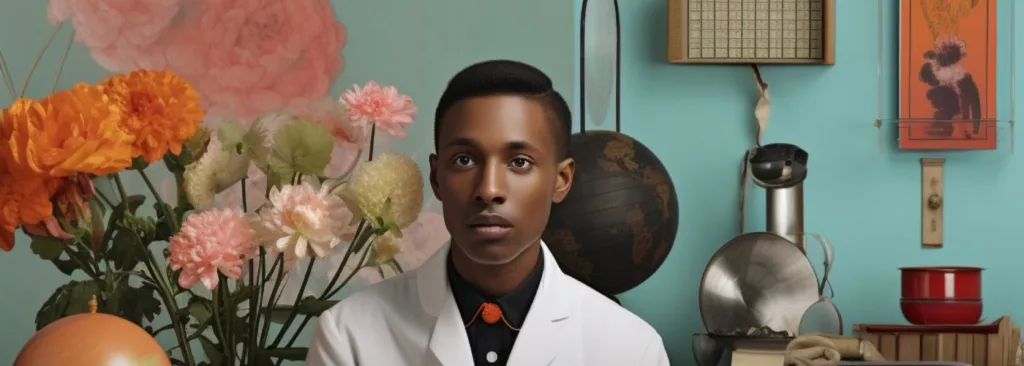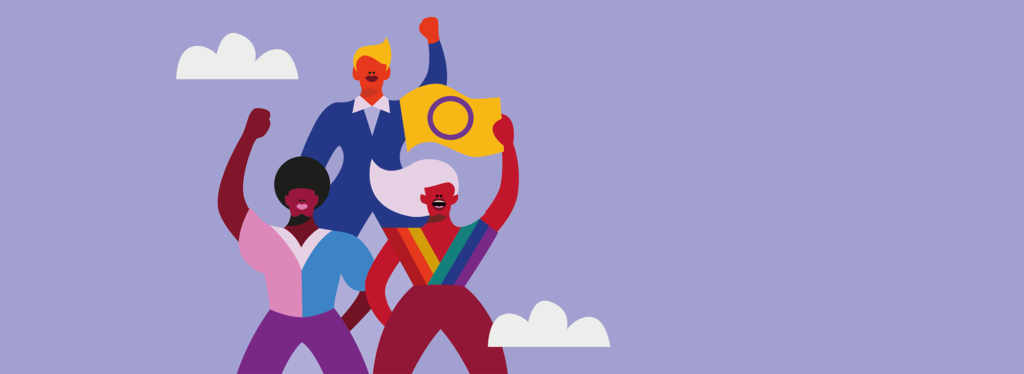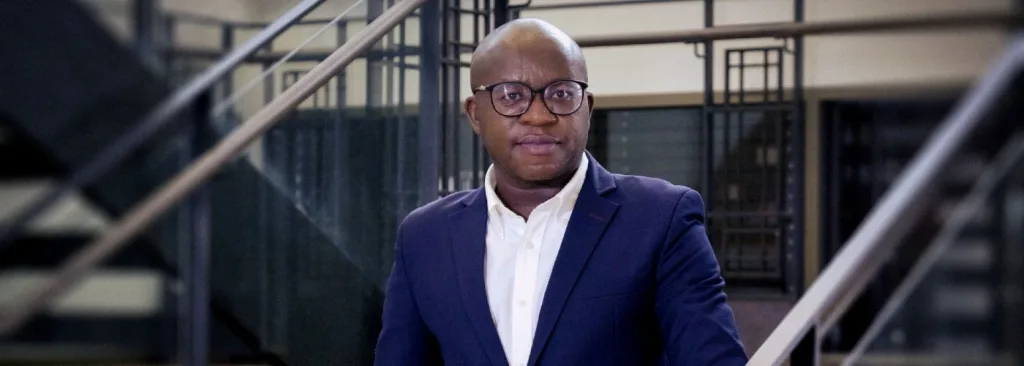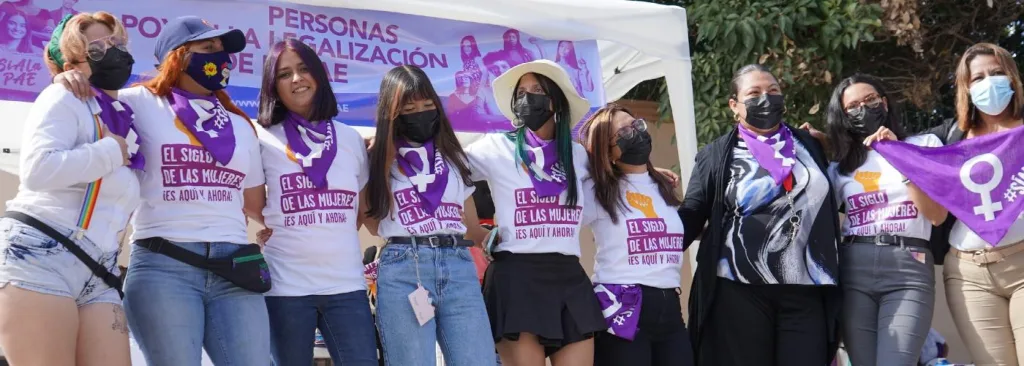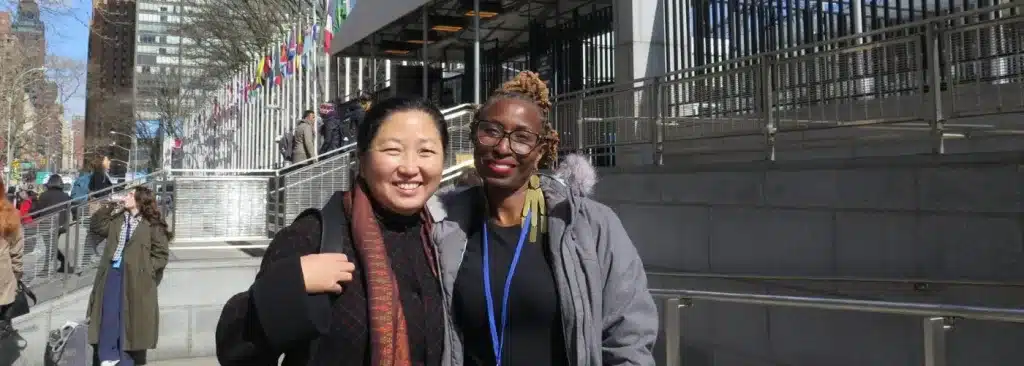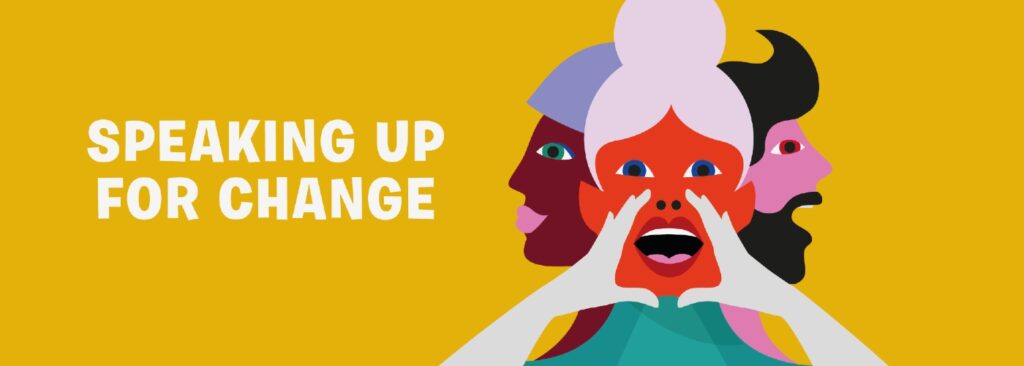By Nana Zulu, Hivos Southern Africa Regional Director
Last month, Hivos’ Free to Be Me program launched the Free to Thrive fellowship that will train LGBTIQ+ activists in advocacy for economic justice. Twenty-three fellows from 12 countries will undertake an immersive year of both in-person and virtual training sessions. Learning and skills transfer will go hand-in-hand with practical efforts to influence policies and practices in Free to be Me’s priority countries.
I attended the fellowship’s kick-off meeting in Maputo, Mozambique, aimed at mainstreaming the needs and rights of LGBTIQ+ persons in economic development programs and policies.
A decolonial agenda
The training delved into how LGBTIQ+ activists can best challenge exclusion in economic and development policies and programs. The fellows took stock of the root causes of their economic inequality and the factors that exacerbate their exclusion and vulnerabilities. They also learned to tell and own their own stories, and crafted a space for linking, learning and innovating. I liked how the trainers were very clear about the importance of an intersectional and decolonial agenda in disrupting current economic systems.
Through this fellowship, the program will gain a cohort of activists specifically trained in establishing relationships and building alliances, amplifying voices, and piloting innovations aimed at advancing economic freedom and justice within their communities and in broader national debates.
What does economic freedom mean?
Positive Vibes, a Free to Be Me consortium partner, shared results from their recent survey which underlined the economic needs of LGBTIQ+ persons. Top of the list was the need for education, employment and entrepreneurship opportunities. This obviously implies that we also need more inclusive societies where they can access these opportunities without discrimination.
It was interesting to note from responses in the room what economic freedom means to us. Beyond purely monetary aspects, people experienced economic freedom as a combination of psychological, social, and economic wellbeing. Being economically free means you can afford nutritious food and other basic needs like healthcare, housing and transport; you can attend to your mental health and wellbeing and live debt-free. Basically – you can thrive!
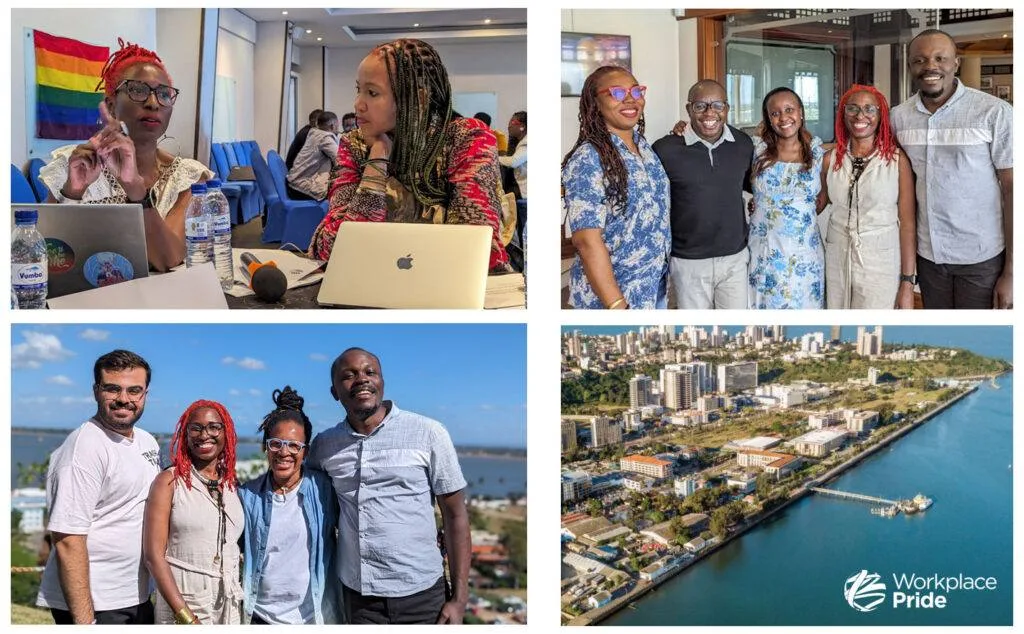
Why economic inclusion matters so much for LGBTIQ+ people
With anti-rights movements pushing for retrogressive and discriminatory laws, attitudes and practices, LGBTIQ+ persons continue to face many intersecting forms of discrimination. This severely hampers their access to the educational, employment and business opportunities that are essential for one’s economic development. It’s a question of basic human rights.
Therefore, we need to make inclusion an essential part of economic development programs to effectively address the socio-economic inequalities faced by LGBTIQ+ communities. Especially so, if we want to leave no one behind in attaining the Sustainable Development Goals. Challenging social and economic inequalities to ensure that LGBTIQ+ persons thrive has become even more important now in the face of increased anti-gender organizing.

